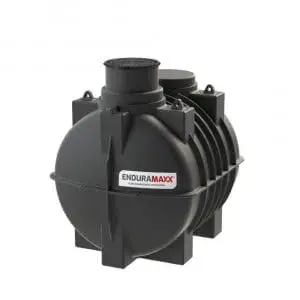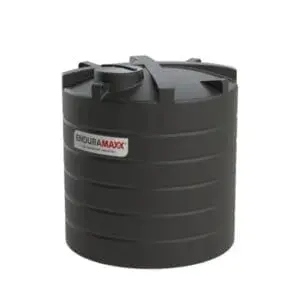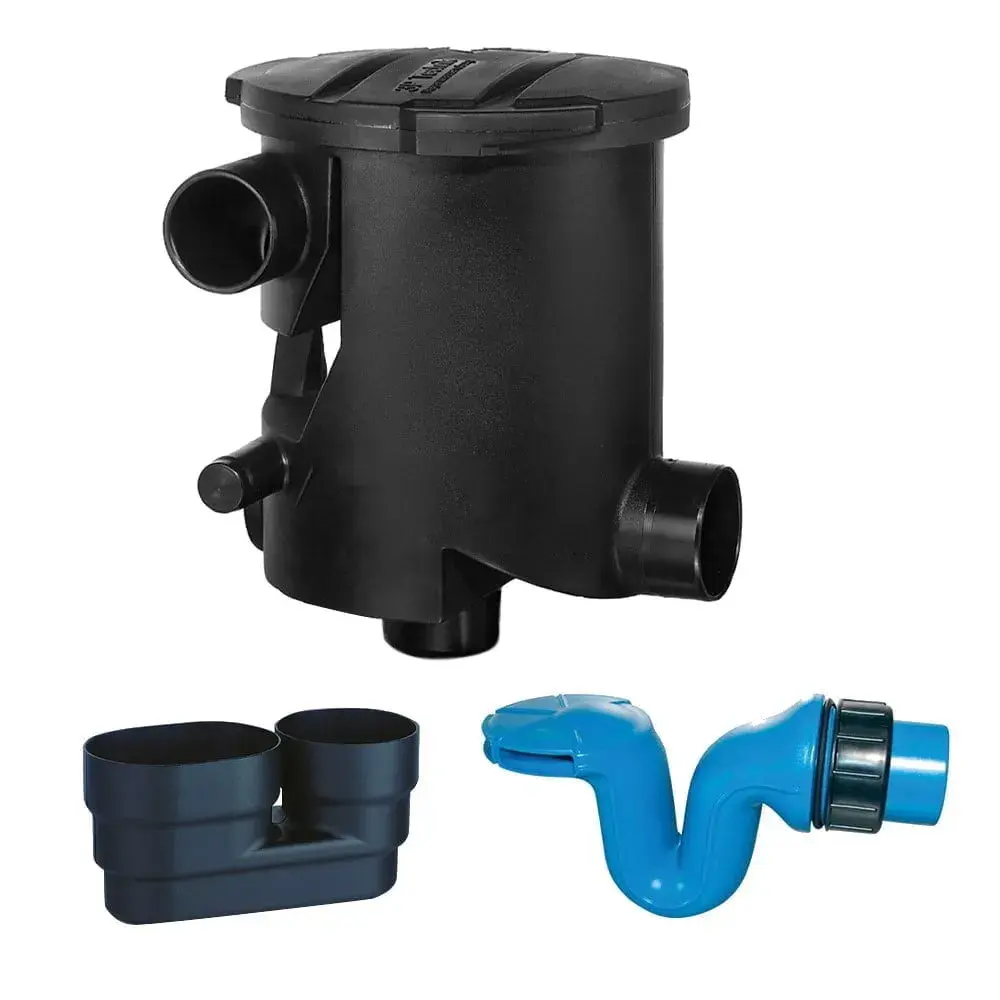
Reduced ‘Grid’ Water Needs
Agricultural rainwater harvesting systems can save money for farmers and increase return on investment. ADAS, the agricultural and environmental consultancy, conducted research which found that British dairy farms spend between £31 and £100 per cow per year on the water. This really highlights the cost savings which are on offer for those who utilise rainwater harvesting for livestock.Simple And Safe
In general, rainwater is fully safe for animals to drink. After all, naturally they would drink rainwater. But some treatment, such as UV filtration, is also an option. A rainwater harvesting system would typically offer initial filtration to take out rough debris after collection of the water from the roof. Then there is the option of further filtration to reduce the possibility of any contaminants.Ideal For Farms
Farm buildings typically have roofs with a large surface area - and this makes them ideal for the purpose of rainfall harvesting. If you live in an area of the country with high rainfall, you can be quids in, so long as you have adequate storage capacity.Potential Grants
Both Water Capital Grants and Rainwater Harvesting Grants are available in the UK, and then there is the Countryside Stewardship Scheme. As the custodians of land, farmers and land managers have an important part to play in sustainability (see section below), and as such, can apply for grants. Should they meet the relevant criteria, they may be eligible to claim £350 per cubic metre for installation of an underground rainwater storage tank and pump. There are also discounts available on above ground tanks, first flush rainwater diverters and downpipe filters, and roofing.Minimising Environmental Impact
Rainwater harvesting for agriculture is good for the planet because it negates so many of the associated costs which are linked with supplying mains water; from filtration to transportation. Reducing stormwater runoff can help to prevent the contamination of surface water with pesticides and sediment. And if you are a farmer in an area which is trying to meet water and energy targets, rainwater harvesting can help municipalities to achieve required numbers. We hope you found this round-up of rainwater harvesting in agriculture useful. With so many advantages to the system, it is important to point out - the one thing which can't be controlled is the weather! For more information, contact the experts at Enduramaxx today.

Posts By Topics
- Blog (303)
- Chemical Storage Tanks (118)
- Chemical Dosing Tanks (114)
- Chemical Tanks (114)
- Water Tanks (58)
- Rainwater Harvesting Tanks (43)
- Vertical Rainwater Tanks (31)
- Vertical Storage Tanks (31)
- Cone Bottom Tanks (19)
- Conical Cone Tanks (18)
- Rainwater Harvesting (17)
- Water Bowsers (15)
- Horizontal Tanks (14)
- Potable Water Tanks (13)
- Farming (9)
- Case Studies (8)
- Industrial Storage Tanks (7)
- Liquid Fertilser Storage Tanks (6)
- WRAS Approved Potable Tanks (6)
- Wine and Beer Production (6)
- Horizontal Transport Tanks (5)
- Microbrewery (5)
- Rainwater (5)
- Category 5 Break Tanks (4)
- Cider Production (4)
- Mixer Tanks (4)
- Molasses Tanks (4)
- Polyethylene tanks (4)
- Rainwater Filter Kits (4)
- SPECIALIST & BESPOKE TANKS (4)
- Bunded Tanks (3)
- Slimline Tanks (3)
- WRAS Approved (3)
- Clarification Tanks (2)
- Crosslinked Polymer Tanks (XLPE) (2)
- Fertiliser Tanks (2)
- Sump Tanks (2)
- Tank Installation (2)
- Water Butt (2)
- underground water tanks (2)
- ACCESSORIES & FITTINGS (1)
- ATV & UTV SPRAYING UNITS (1)
- Above Ground Effluent Tanks (1)
- Bespoke Tank Frames (1)
- Category 5 Turret (1)
- Caustic Soda Tanks (1)
- Closed Top Bunded Tanks (1)
- Craft beer (1)
- Effluent Tanks (1)
- Enduramaxx (1)
- Ferric Chloride Tanks (1)
- Fire Safety Regulations (1)
- Fire Sprinkler Water Storage Tanks (1)
- Industrial Water Tank (1)
- Open Top Bunded Tanks (1)
- Open Top Cone Tanks (1)
- Open Top Vertical Tanks (1)
- Polyethylene Potable Water Tanks (1)
- Polyvinylidene Fluoride (PVDF) Tanks (1)
- Polyvinylidene Fluoride Tanks (PVDF) (1)
- Pressure Washers (1)
- Pro Series Spot Sprayers (1)
- RWH (1)
- Sodium Hydroxide Storage Tanks (1)
- Sprayer Fill-up Tanks (1)
- Uncategorised (1)
- liquid fertiliser tank (1)
Sign up to the newsletter
enduramaxx.marketing
Related Posts
Farmers Can Save Cash By Applying Liquid Fertiliser At Drilling
Last week Farmers Weekly published an article entitled ‘Farmers can save cash by applying liquid...
Why Rainwater Filters Are Important? Improved Rainwater Tank Quality
Why rainwater filters are important? A rainwater filter for a rainwater harvesting tank is a filter...
Rainwater Harvesting On The Farm: Is It Right For You?
Rainwater harvesting on the farm – water is essential for farming – but the supply varies from...
Related Products
From £1,080.00 inc. VAT
£900.00 exc. VAT
From £1,344.00 inc. VAT
£1,120.00 exc. VAT
From £768.00 inc. VAT
£640.00 exc. VAT
£480.00 inc. VAT
£400.00 exc. VAT




